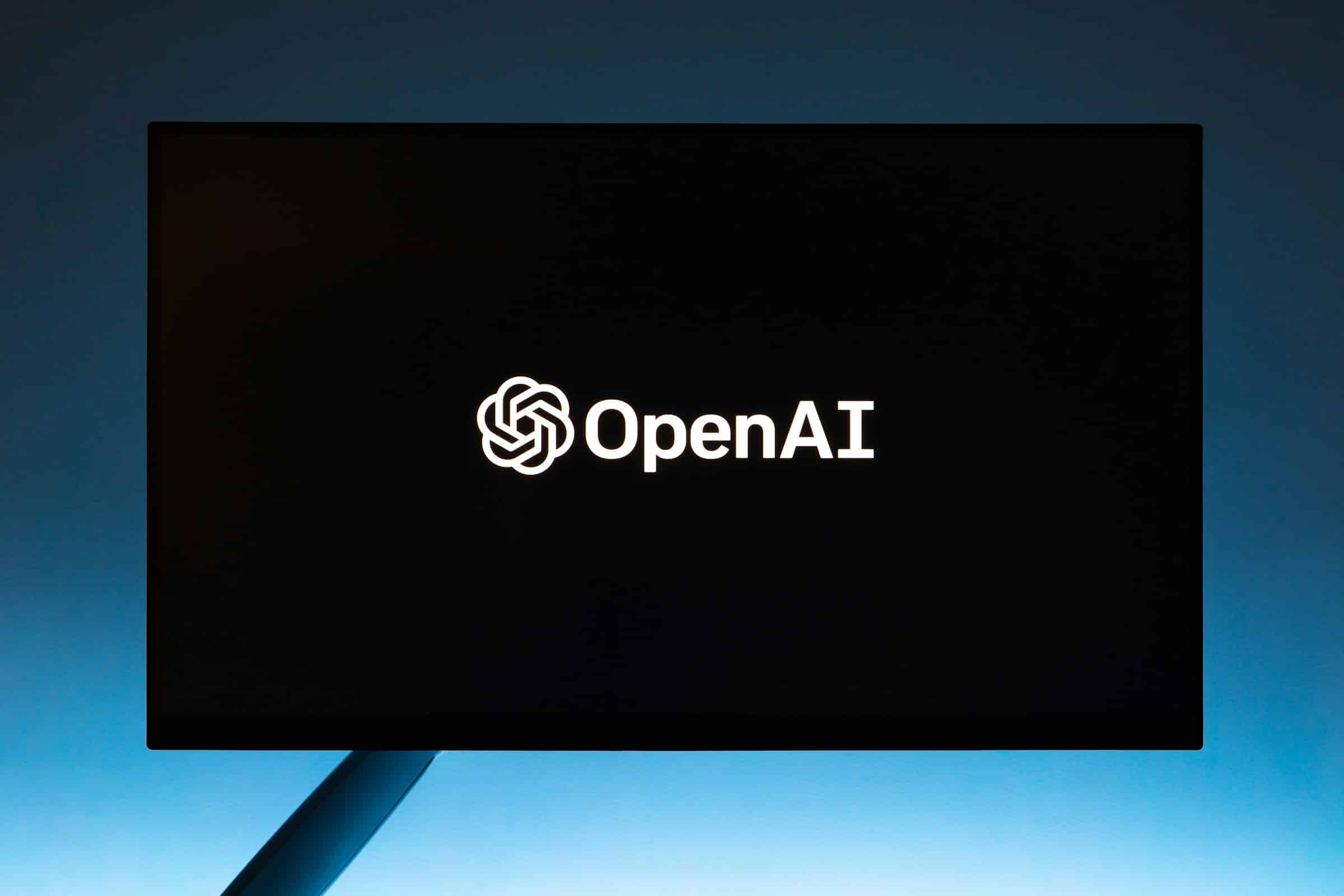Artificial intelligence (AI) has the potential to revolutionize many aspects of public health. From clinical decision-making to patient data management, AI-powered technologies promise improved efficiency and accuracy. However, implementing AI in the UK’s public health system comes with several challenges that need to be addressed for successful deployment. This article explores these challenges and offers insights into how they might be overcome.
A Promising Yet Complex Terrain
While AI promises to streamline many processes in healthcare, the complexity of public health systems cannot be ignored. The UK’s National Health Service (NHS) is a large and multifaceted organization. Incorporating AI into such a behemoth requires careful planning and execution.
Cela peut vous intéresser : What Are the Implications of AI-Driven Legal Research in the UK?
Firstly, AI technologies rely heavily on data—and lots of it. However, the collection, management, and utilization of health data present significant hurdles. Data protection regulations, such as the General Data Protection Regulation (GDPR), impose stringent requirements on how personal data is handled. While these regulations are essential for safeguarding patient privacy, they also make it challenging to gather the extensive datasets needed for training AI algorithms.
Another factor is the integration of AI with existing healthcare systems. The NHS uses a variety of IT infrastructures, many of which are outdated. These systems may not be compatible with modern AI technologies, making integration cumbersome and costly. Additionally, the technical expertise required to manage and maintain AI-driven systems often exceeds the current capabilities within the public health sector.
A lire en complément : How Can 5G Technology Enhance Smart City Solutions in the UK?
The Role of Data in AI Implementation
AI relies on vast amounts of high-quality data to function effectively. In the context of public health, this means having access to comprehensive health data that covers diverse populations and medical conditions. However, numerous obstacles hinder the proper acquisition and utilization of this data.
Data Quality and Availability
One of the primary challenges is ensuring the quality and availability of data. Incomplete or inaccurate data can lead to erroneous conclusions and ineffective solutions. Moreover, healthcare data is often fragmented across various departments and institutions, making it difficult to compile a unified dataset. This fragmentation is compounded by the fact that some older medical records are still in paper format, which are inaccessible to AI systems.
Data Protection and Privacy
Data privacy is another critical issue. The NHS must comply with GDPR, which mandates stringent protections for personal data. This includes obtaining explicit consent from patients before their data can be used, as well as ensuring that data is anonymized where necessary. These requirements can slow down the process of data collection and complicate the development of AI models.
Data Interoperability
Interoperability between different clinical systems is another significant challenge. For AI to be truly effective, it needs to integrate seamlessly with existing IT infrastructures. However, many healthcare systems use different formats and standards for data storage, making interoperability a daunting task. Efforts are being made to develop standard protocols to facilitate data sharing, but these are still in their early stages.
Technological Hurdles
The deployment of AI in public health also faces several technological challenges. These range from the limitations of current AI technologies to the need for specialized medical devices and infrastructure.
Machine Learning and Deep Learning
Machine learning and deep learning are subsets of AI that require substantial computational power and large datasets. While these technologies have shown promising results in areas like image recognition and predictive analytics, their application in healthcare is still evolving. Training these models is resource-intensive and often requires specialized hardware, which may not be readily available in all healthcare settings.
Integration with Existing Systems
As mentioned earlier, the integration of AI with existing healthcare systems is a significant barrier. Many NHS IT infrastructures are outdated and were not designed to support modern AI technologies. Upgrading these systems is not only costly but also time-consuming, requiring meticulous planning and execution.
Reliability and Robustness
AI systems must be reliable and robust to be trusted by healthcare professionals. This means that AI algorithms must be thoroughly tested and validated before they can be deployed in clinical settings. However, the lack of standardized testing protocols for AI in healthcare makes this a challenging task. Furthermore, AI models must be continuously updated to adapt to new data and changing medical practices, adding another layer of complexity.
Ethical and Regulatory Challenges
The ethical and regulatory landscape presents another set of challenges for AI implementation in public health. These issues are crucial to address to ensure that AI technologies are used responsibly and ethically.
Ethical Considerations
AI systems in healthcare often involve making decisions that can significantly impact patient outcomes. This raises several ethical questions. For instance, how do we ensure that AI systems do not perpetuate existing biases in healthcare? Biases in training data can lead to biased AI models, which can, in turn, result in unfair treatment of certain patient groups. Addressing these ethical concerns requires a careful and transparent approach to AI development and deployment.
Regulatory Compliance
Meeting regulatory requirements is another significant challenge. The healthcare industry is heavily regulated, and any new technology must comply with a myriad of regulations. This includes not only data protection laws like GDPR but also regulations governing medical devices and clinical practices. Navigating this complex regulatory landscape can be daunting and requires close collaboration between technologists, healthcare professionals, and regulatory bodies.
Decision-Making and Accountability
AI systems often operate as “black boxes,” making it difficult to understand how they arrive at specific decisions. This lack of transparency can be problematic in healthcare, where understanding the rationale behind medical decisions is crucial. Ensuring that AI systems are explainable and transparent is essential for building trust among healthcare professionals and patients. Additionally, clear guidelines must be established to determine accountability in cases where AI-driven decisions lead to adverse outcomes.
Practical Implementation and Workforce Readiness
Beyond the technological and regulatory challenges, practical considerations also play a significant role in the successful implementation of AI in public health. One of the most critical factors is the readiness of the healthcare workforce.
Training and Education
For AI to be effectively integrated into healthcare practices, healthcare professionals need to be adequately trained. This involves not only understanding how to use AI tools but also interpreting their outputs and integrating them into clinical decision-making. However, incorporating AI training into medical education and ongoing professional development programs is still in its nascent stages.
Change Management
Implementing AI in a large and established organization like the NHS requires effective change management strategies. Resistance to change is a common human trait, and healthcare professionals may be wary of adopting new technologies that could disrupt their established workflows. Addressing these concerns through transparent communication, involving healthcare professionals in the development process, and demonstrating the benefits of AI can help alleviate resistance.
Infrastructure and Resources
Lastly, the successful implementation of AI requires adequate infrastructure and resources. This includes not only the necessary hardware and software but also the financial resources to support ongoing maintenance and updates. Given the financial constraints faced by the NHS, securing the required funding can be a significant barrier.
Implementing artificial intelligence in the UK’s public health system holds immense promise for improving clinical practices, enhancing patient care, and streamlining healthcare systems. However, this journey is fraught with challenges that span data protection, technological integration, ethical considerations, regulatory compliance, and workforce readiness.
Addressing these challenges requires a multi-faceted approach that includes enhancing data interoperability, ensuring robust and ethical AI development, complying with regulatory frameworks, and adequately preparing the healthcare workforce for this technological shift.
By navigating these complexities thoughtfully and collaboratively, the UK can harness the transformative potential of AI to create a more efficient, equitable, and effective public health system. The path is challenging, but the rewards can be substantial, ultimately benefiting patients, healthcare professionals, and the broader society.






